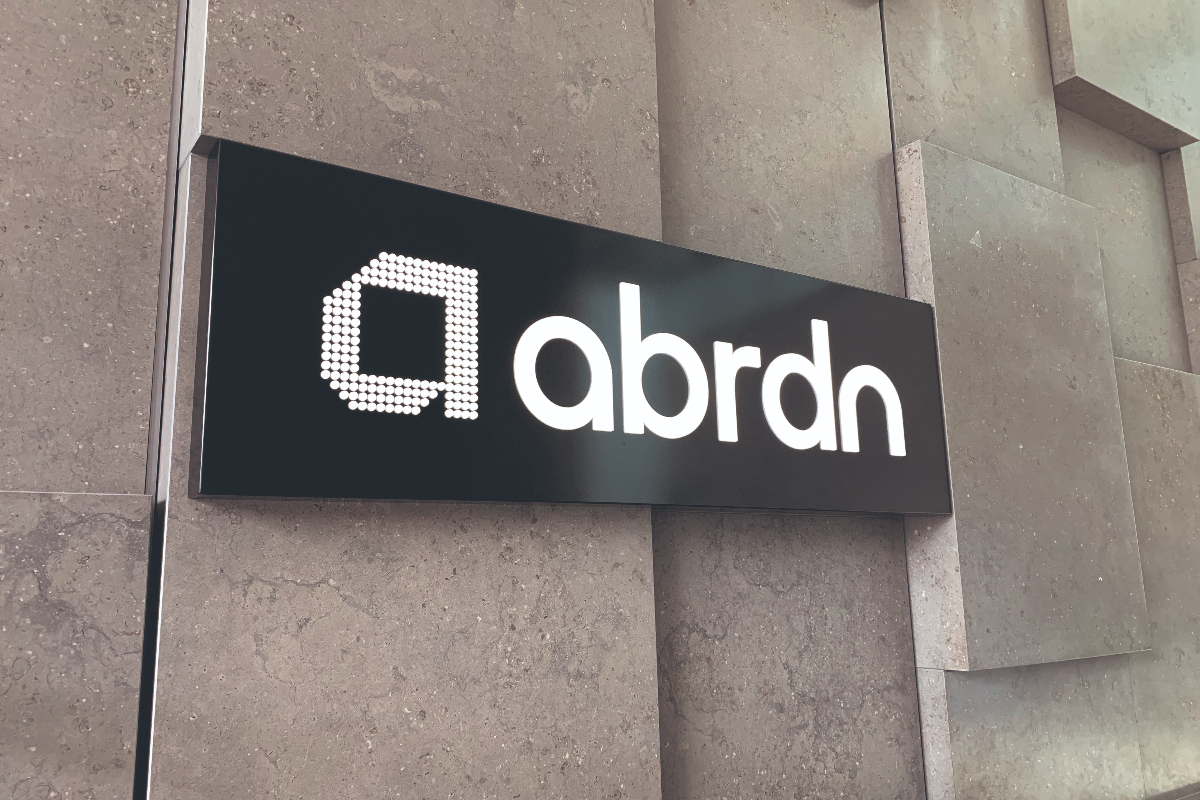How Abrdn became the most shorted company in the UK
Abrdn is now the most shorted company in the UK, as the Edinburgh-based asset manager has struggled to convince the market it has staying power in the industry. The FTSE 250 fundhouse has been a perennial member of the most shorted stocks for a while, but has succeeded in taking the top spot thanks to [...]


Abrdn is now the most shorted company in the UK, as the Edinburgh-based asset manager has struggled to convince the market it has staying power in the industry.
The FTSE 250 fundhouse has been a perennial member of the most shorted stocks for a while, but has succeeded in taking the top spot thanks to a reduction in short position on other shares.
5.9 per cent of Abrdn’s shares are now in a net short position, above previous top shorted stocks Petrofac (5.7 per cent) and Diversified Energy Company (4.5 per cent), according to FCA data.
This is up from where the asset manager had sat over the summer (5.6 per cent), but ultimately down from its peak of almost eight per cent in May.
While investment managers GLG Partners and Qube Research both upped their short positions on Abrdn in November, Canada Pension Plan Investment Board and Samlyn Capital cut them down.
The company’s ongoing troubles with big short positions appears understandable when examining its share price performance, which has more than halved over the last five years and is down 20 per cent since the start of 2024.
The company’s share price woes and negative sentiment in the market has been “all linked to the disastrous merger with Standard Life,” said Ben Yearsley, founder of Fairview Investing.
When Standard Life and Aberdeen Asset Management merged in 2017, the company became known as ‘Staberdeen‘ in the City, much to its dismay.
Difficulty integrating the two firms has been widely reported on, with struggles over different leadership styles and business cultures.
“Add in to that the poor performance and lack of interest in their main fund ranges and you’ve got a toxic combination,” added Yearsley.
The asset manager’s flagship fund, Global Absolute Return Strategies (GARS), was forced to merge into some of its other funds last year after investors pulled more and more cash from it, being reduced from £27bn to nothing in a matter of years.
Abrdn’s other areas of focus, Asia and emerging markets, have also suffered from a lack of interest from investors in the last decade.
However, the firm is far from the only asset manager struggling. Similar problems have plagued competitors like Liontrust and Jupiter Fund Management.
“Active asset managers have been going through a tough time of it over recent years,” explained Darius McDermott, managing director of Chelsea Financial Services.
“There has been a strong bull market, initially driven by QE, which pushed all companies shares up. This only increased the existing trend towards passive investing and away from active.”
Abrdn declined to comment, though new CEO Jason Windsor recently made changes to his top team, including the formation of a new seven-person group operating committee to “simplify decision making and accelerate progress against [its] strategic priorities”, Abrdn said last month.



